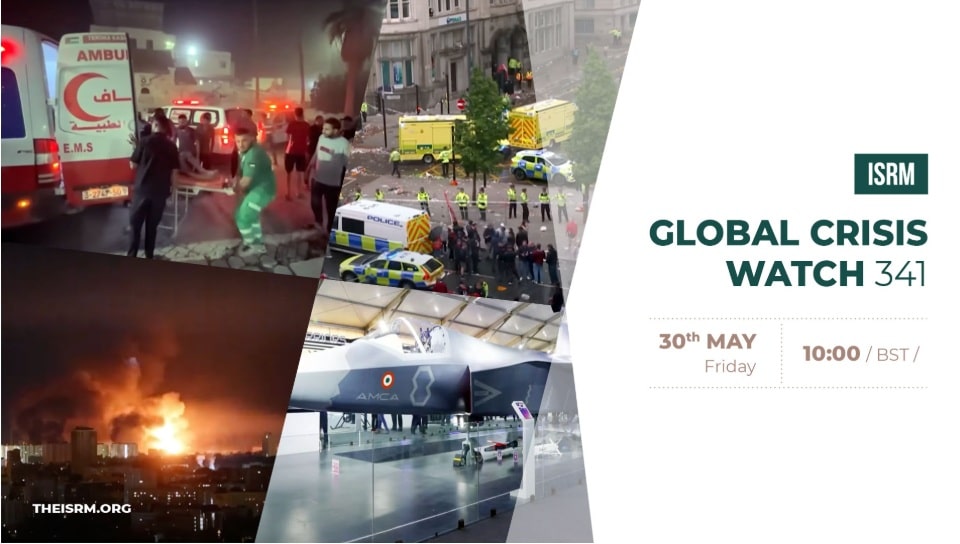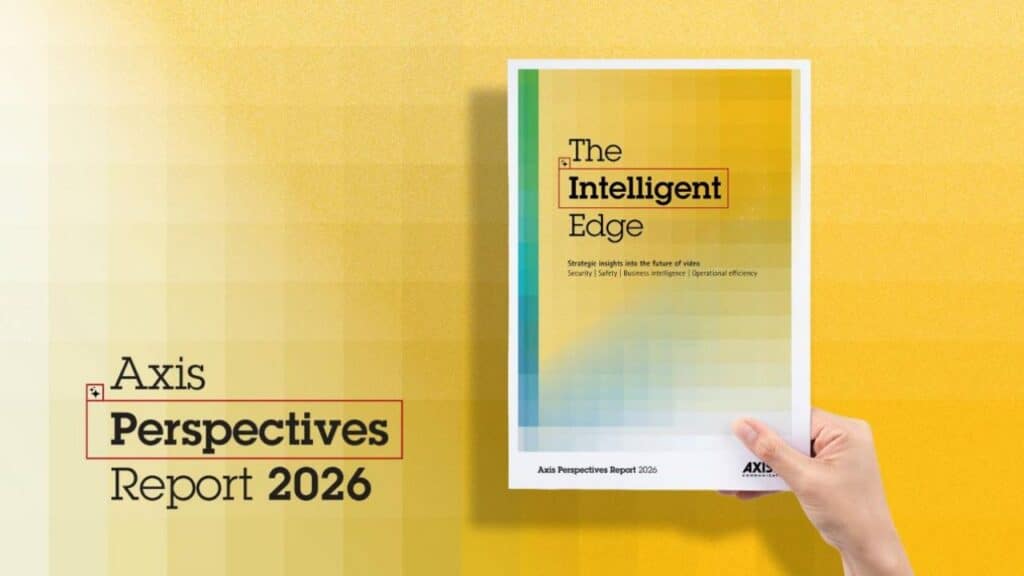The Institute of Strategic Risk Management (ISRM) has announced its latest Global Crisis Watches, number 341, which will focus on goings on around the world, including the war between Russia and Ukraine, a planned offensive in Gaza as the US seeks a ceasefire, India’s defence shift, with drones and stealth fighters leading a modernisation push, and the recent vehicle ramming attack in Liverpool, UK. Global Crisis Watch #342 will focus primarily on US politics and you can read more on that below. The sessions take place tomorrow at 10:00 BST and 17:00 BST / 12:00 EDT, respectively.
Russia steps up attacks as Ukraine and Moscow complete prisoner swap, Trump reignites US debate
Over the past two weeks, Russia has pursued a dual strategy of military escalation and diplomatic delay, aiming to exhaust Ukraine while confusing the West. As Ukrainian officials pushed for a 30-day ceasefire and the US and EU called for an unconditional halt to hostilities, Moscow issued vague proposals for “future talks,” accompanied by a formal-sounding “memorandum.” However, the document lacked any concrete commitments, serving primarily to delay tougher Western sanctions and create the illusion of diplomatic engagement.
US seeks Gaza ceasefire as Israel plans major offensive and Jerusalem tensions rise
The US is actively pushing a potential ceasefire deal to ease the conflict in Gaza, with Special Envoy Steve Witkoff revealing a proposal that includes a temporary truce in exchange for the release of half the remaining hostages held by Hamas – both living and deceased. This tentative agreement aims to pave the way for formal talks toward a lasting ceasefire. However, the deal remains unofficial and unclear, with conflicting accounts: some Palestinian sources say Hamas is interested, while Israeli officials deny any breakthrough, emphasizing that progress depends on Hamas meeting Israel’s conditions.
Meanwhile, Israel is preparing a major military escalation in Gaza. Orders for evacuation have been issued in southern Gaza, including Khan Younis, signaling plans to occupy up to 75% of the territory within two months.
India’s defence shift: Drones and stealth fighters lead modernisation push
In May 2025, India and Pakistan engaged in their most intense military clash this century, marked by unprecedented large-scale use of drones. Following a deadly attack in Kashmir blamed by India on Pakistan-backed militants, India launched retaliatory airstrikes. In response, Pakistan sent 300 – 400 drones across thirty-six points along the border, testing Indian air defences. Both sides used a mix of imported and domestically-produced drones for surveillance and precision strikes.
This conflict signals a shift toward a new kind of arms race focused on unmanned aerial vehicles (UAVs). These provide a low-cost, low-risk method for showing military resolve without risking personnel or escalating into full-scale war.
Liverpool parade attack spotlights growing threat of vehicle-ramming
On Monday evening, a 53-year-old white British man drove a grey minivan into crowds gathered to celebrate Liverpool FC’s Premier League victory, injuring over 60 people, including several children. The attack occurred just after 6 p.m. on Water Street, near the end of the victory parade route. Witnesses described the van accelerating into a dense crowd, hitting people with force – one man was thrown into the air and others were trapped beneath the vehicle. The driver was arrested on suspicion of attempted murder, impaired driving and dangerous driving. Police do not believe the incident was linked to terrorism.
To register, click here

Global Crisis Watch 342 will focus primarily on goings on in, and around the Americas, this week, topics include Russia stepping up attacks as Trump reignites US debate and Europe hardens stance, King Charles III’s visit to Canada with message of unity, Trump moving to redirect $3bn from Harvard to trade schools, plus Venezuela’s disputed Essequibo vote deepening crisis with Guyana.
Russia steps up attacks as Trump reignites US debate and Europe hardens stance
Russia has intensified both its military operations and diplomatic posturing in recent weeks, employing a dual strategy aimed at draining Ukraine’s resources while clouding Western unity. As Ukrainian officials called for a 30-day ceasefire and Western leaders urged an unconditional halt to hostilities, the Kremlin issued vague proposals for “future talks,” paired with a formal-looking memorandum. The document lacked substance, appearing mainly designed to delay further Western sanctions and create the appearance of diplomatic engagement.
Royal visit to Canada delivers message of unity amid US tensions
King Charles III began his first visit to Canada as head of state on Monday, aiming to deliver a message of solidarity amid heightened tensions with the United States. The two-day trip, which includes ceremonial and community events, is widely interpreted as a symbolic show of support for Canada’s sovereignty in the face of provocative comments from US President Donald Trump.
The visit comes at a delicate diplomatic moment. Trump has recently revived his false claim that Canadians would welcome becoming the 51st US state – remarks that have been firmly rejected by Canada’s new prime minister, Mark Carney. Elected on a wave of anti-Trump sentiment, Carney has repeatedly emphasized that Canada is “not for sale,” a sentiment echoed by Canadian officials ahead of the royal visit.
Trump moves to redirect $3 billion from Harvard to support trade schools
US President Donald Trump has proposed redirecting around $3 billion in federal research grant money, previously awarded to Harvard University, to fund trade schools across the United States. This announcement comes amid a wider conflict between the Trump administration and Harvard, driven by accusations from Trump that the university promotes left-wing bias and tolerates antisemitism.
Venezuela’s disputed Essequibo vote deepens crisis with Guyana
Venezuela’s 2025 regional and legislative elections have intensified tensions with neighboring Guyana over the long-disputed Essequibo region – an oil-rich territory covering two-thirds of Guyana but claimed by Venezuela based on colonial-era arguments. Venezuela controversially included Essequibo as a new state in the elections, assigning it a governor and eight legislative seats. However, no voting occurred in the territory itself, which remains under Guyanese control. Instead, elections were held in a specially created micro-district along the border. Guyana, backed by the US and UK, warned that participating in Venezuela’s vote could amount to treason and cited an International Court of Justice (ICJ) ruling ordering Caracas not to alter the status quo while the case is pending.
To register, click here




